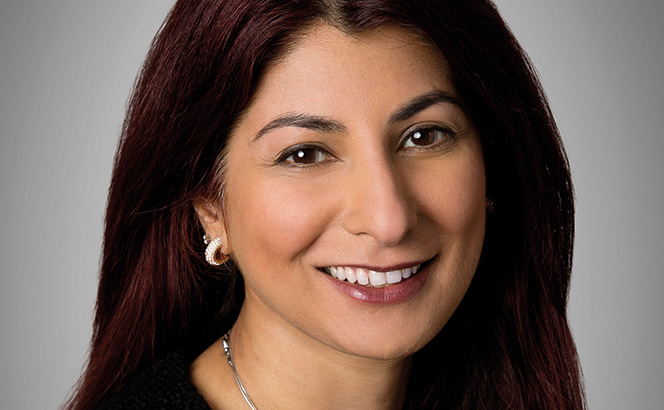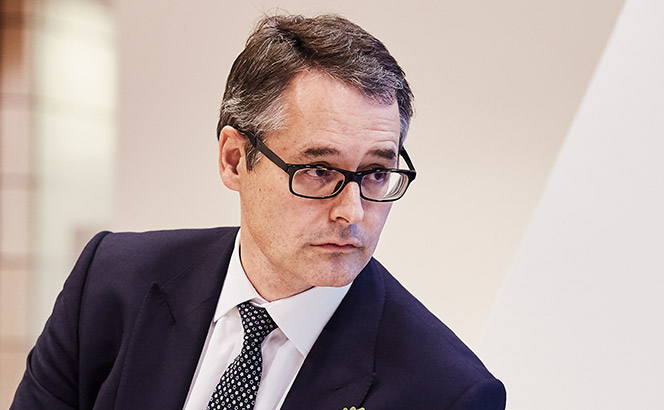
Ashurst is understood to be pursuing merger partners in the US as a strategic priority, rekindling its aspirations towards a stateside combination.
No discussions have reached a formal stage, however, it is believed the firm has been seeking a merger partner since before the pandemic.










